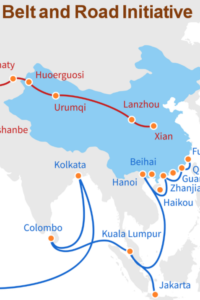
Taniguchi Masaki, Professor, University of Tokyo Key points The impact of Abe’s absence on the administration is uncertain. Leaving government debt and population decline unchecked will be fatal. There is an urgent need for the CDPJ to restore trust in its economic policies. Media coverage reported that the Liberal Democratic Party (LDP) was in the lead from the beginning of the election, and the results were generally as expected. But the shooting of former Prime Minister Abe Shinzo, which occurred two days before election day, sent shockwaves through the domestic and international communities. Even if the motives were not political, this heinous act undermined Japanese democratic politics and as such should be categorically condemned. The impact of the tragic events will be reflected in post-election politics. As a hawkish debater, Abe led LDP conservatism from the mid-2000s. The figure shows the ... ... [Read more]

